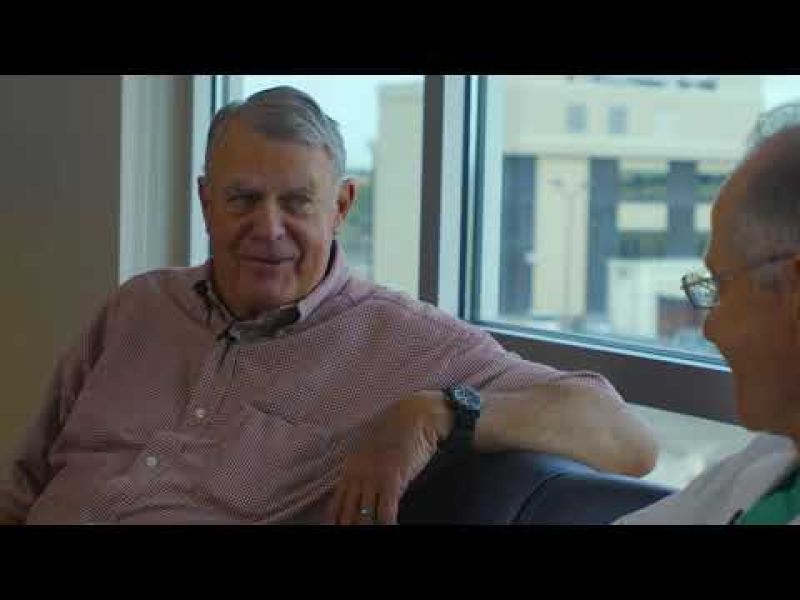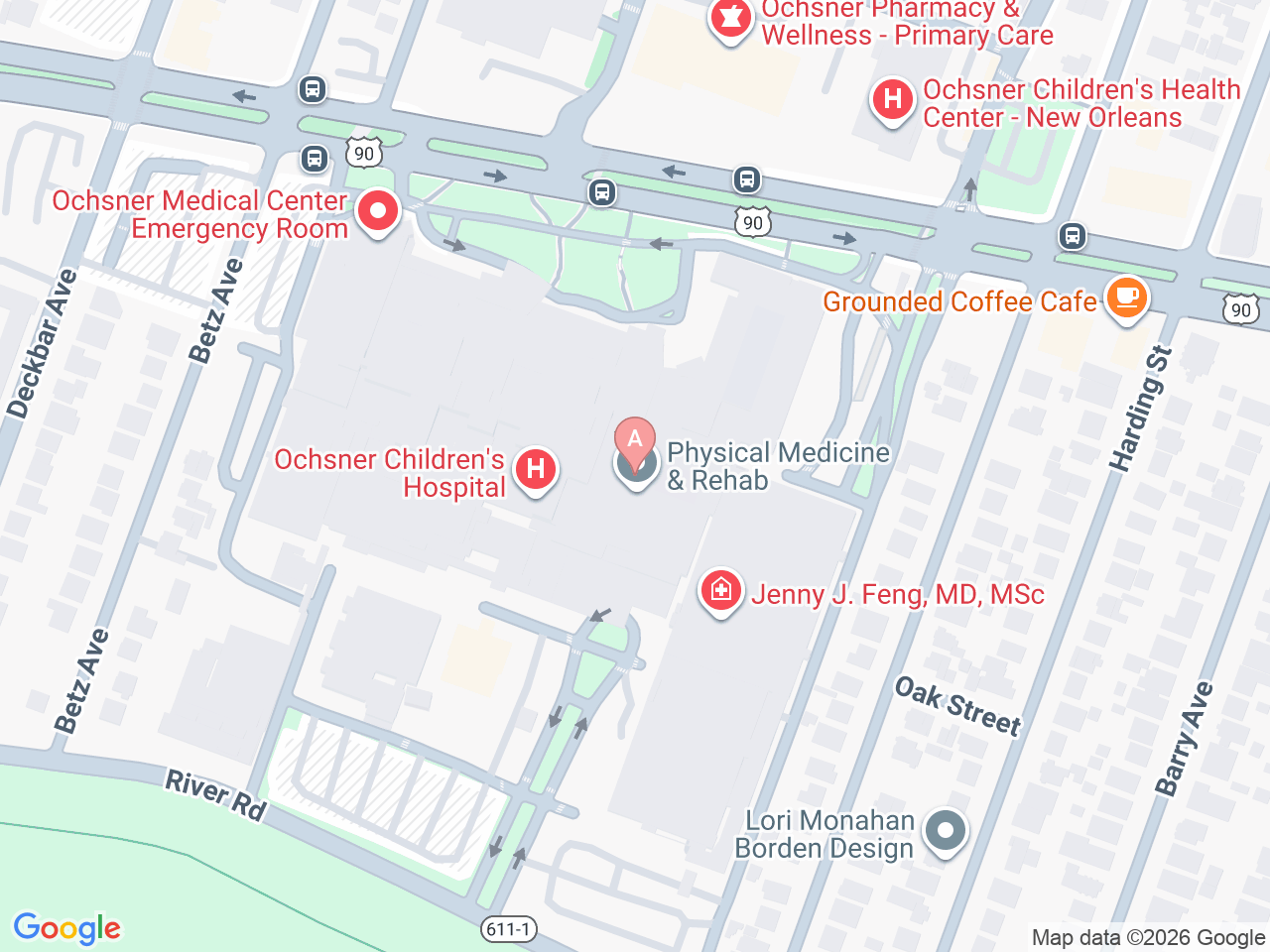Why choose Ochsner for your heart valve disease treatment?
Every year, more than five million people in America are diagnosed with heart valve disease and structural heart disease. Fortunately, open heart surgery is no longer the only solution. The multi-disciplinary team at the Ochsner Heart Valve Center performs a high volume of both traditional open-heart surgery and minimally invasive trans-catheter valve repair and replacements. As one of the original TAVR centers, our team has as much experience as anyone in the world.
Across the country and here at Ochsner, this procedure is extending the lives of more patients who are high risk or inoperable surgically or who prefer a minimally invasive procedure to open surgery. Since the program’s inception, Ochsner has performed more than 2,000 TAVR cases and has been recognized for having one of the shortest lengths of stays and lowest risk of kidney damage in the nation for TAVR patients. What’s more, our outcomes are superior as recognized by U.S. News & World Report.
Our highly experienced team of cardiac surgeons has long been the referral center for the Gulf South for complex valvular heart disease and aortic aneurysm repair.





